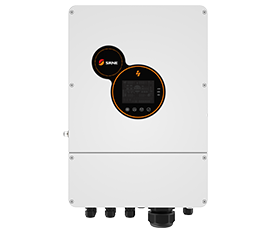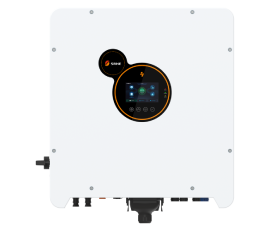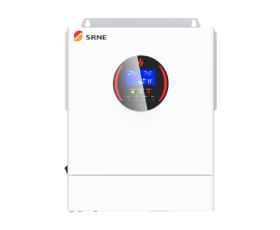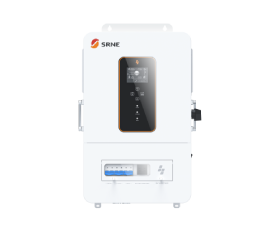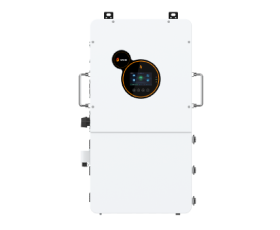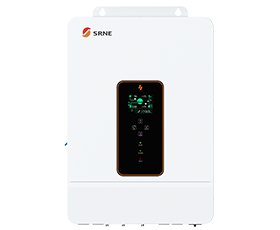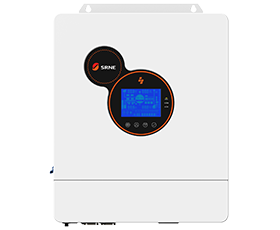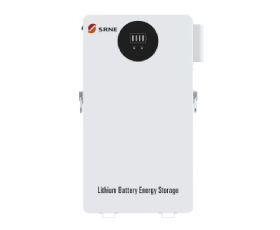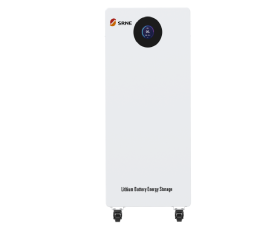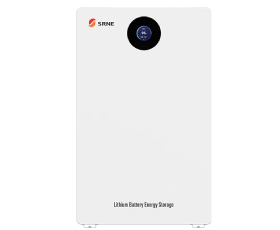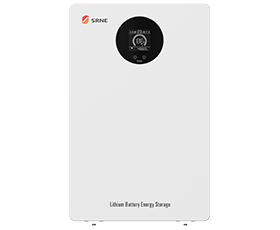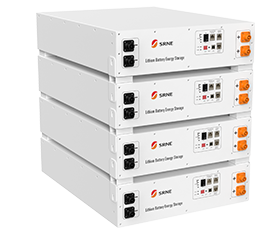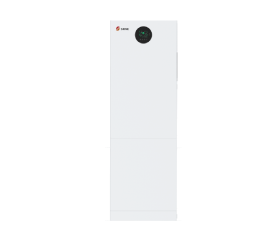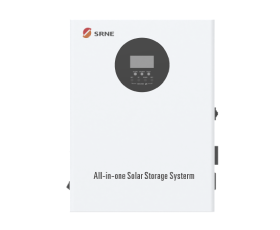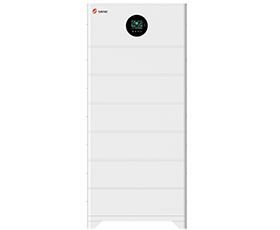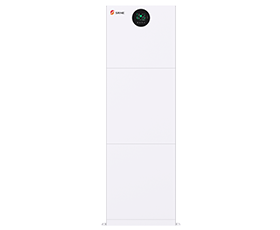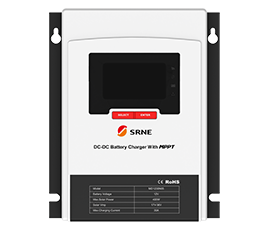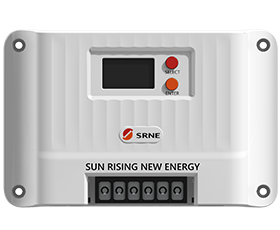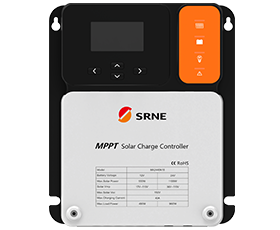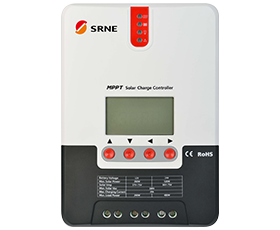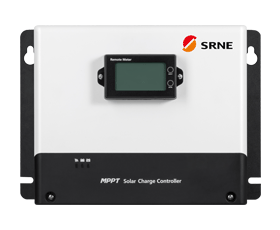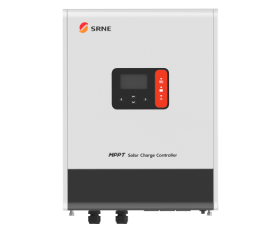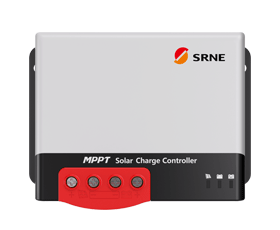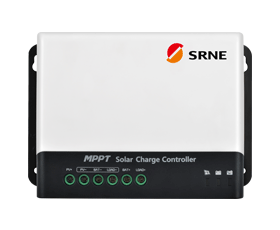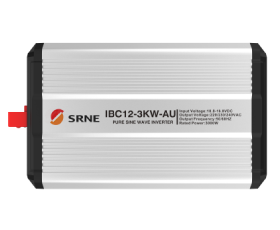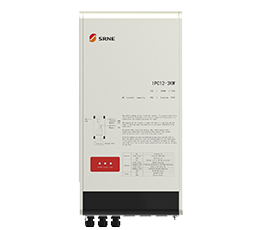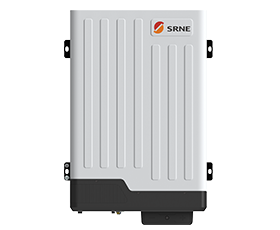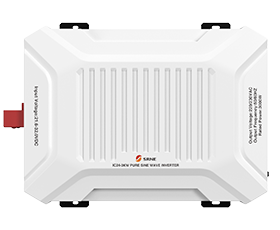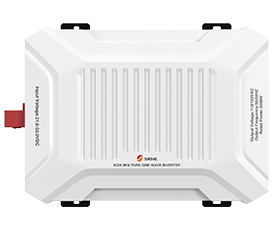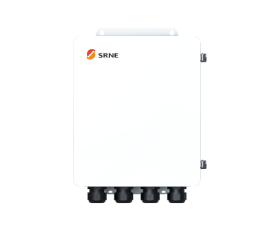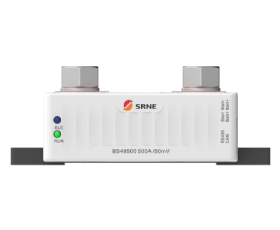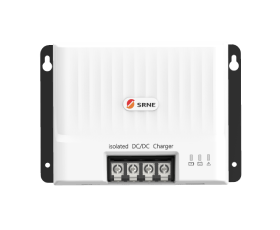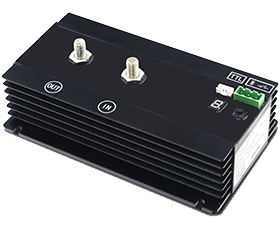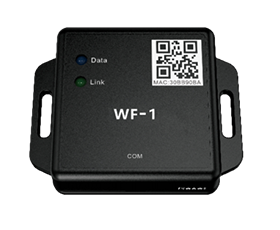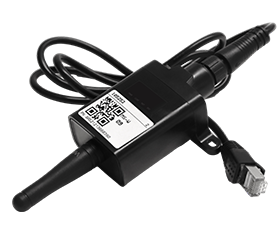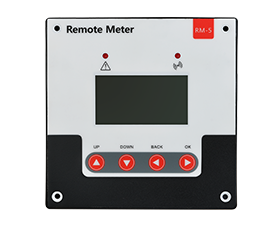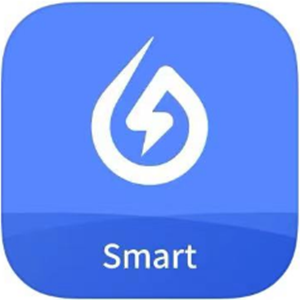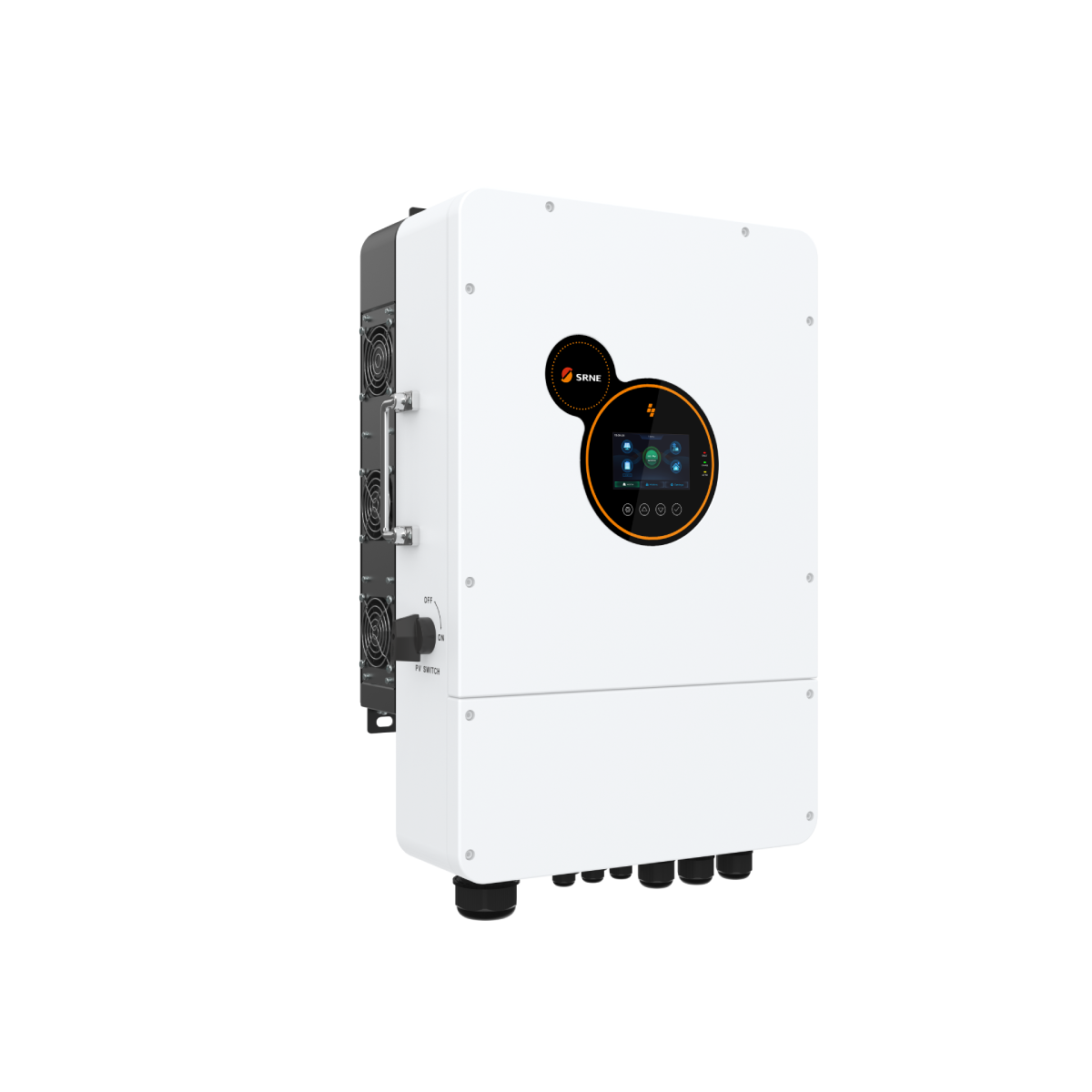What do you know about RV inverter
If you have an RV or are planning to buying one, you may have heard of the inverter. You probably know that inverters have to do with power supply and power conversion, but what do they really do? How much do you know about RV inverter? It may not be the most talked-about component, but an RV inverter is a critical piece of equipment for those Read on as we take a look at this valuable and convenient piece of technology.
What is an RV inverter?
An RV inverter converts direct current (DC) power into alternating current (AC) power. In other words, an inverter in an RV provides you with the ability to power appliances that require 12V AC shore power. If your RV does not have an inverter built into it, you will need to be plugged into shore power or into a power generator, to use various appliances such as TV, refrigerator, microwave oven and other household appliances.
How does an RV inverter work?
DC (direct current) is constant, while AC (alternating current) cycles up and down from +120V to -120V and back. A power inverter takes 12V direct current and converts it to 120V alternating current by first increasing the voltage and then modifying it so that it alternates. In other words, an inverter boosts your 12V direct current power supply to a 120V alternating current power supply.
The Benefits of RV Inverter
While it may not be flashy, an RV inverter offers some significant benefits, especially for certain camping styles.
use electronics on the go
The obvious advantage of a power inverter is that they allow you to enjoy modern devices out in the wild. With an RV inverter, you can run your microwave oven, computer and watch TV, all without shore power. With a large enough inverter even an air conditioner may run. Without an RV inverter, you could only use DC-powered electronics like lights, fans and water pump. This can make a huge difference in enjoying the comforts of your RV while on the road.
keep your devices charged
Perhaps this piggybacks off the first benefit, but charging devices is extremely important. After all, you are out in the woods, and you never know when you'll need to make an emergency call or text. Also, your phone and laptop being charged up allow you to stay in touch with work or update your friends on how good life is via social media.
make the most of a solar power system
Frequent off-grid campers may be interested in equipping their rig with solar panels to help provide power while in the boondocks. Unlike shore power, solar systems generates DC power that can sent directly to your batteries without a converter. However, you will need an inverter if you want to use that power for your AC appliances.
What should you consider when choosing an RV inverter?
There are additional purchasing considerations you need to keep in mind before buying an inverter for your RV. Let’s go over these.
Type
The first thing you need to consider is the type of inverter. There are off-grid inverters that are very simple to install and there are integrated models. Now, integrated types are a great way to go if you have an old converter or charger that you also want to upgrade. On the other hand, the off-grid units are best if you want to add an inverter to a multi-stage charging system.
Sine
The other purchasing aspect to keep in mind is what kind of inverter you want. Generally speaking, the best way to go is with a pure sine inverter. These are best because they perfectly imitate the standard power coming from a shore connection or generator. Modified sine inverters work well too, but pure sine inverters are usually the best choice.
Size
Last but not least, a very important aspect to consider before making a purchase is the size of the inverter. Remember that you need to have enough battery power in your RV to support the inverter in question, so always do some research on that front. For instance, a 1,000-watt inverter can supply up to 1,000 watts at a time. If you only have basic needs, something like a 1,000-watt model will do fine, for things like powering phones and laptops. However, if you want to power large appliances, you may want to go for an inverter that can muster over 3,000 watts.
RV inverters are fantastic for giving you all the comforts of home, even while you’re in the middle of the desert, on the beach, or in the forest. It does its job in silence and you do not need to worry about the noise. Besides, RV inverters pair particularly well with larger battery banks and a solar array to feed those batteries continually with the awesome power of the sun.
Now that you understand what an RV inverter is and how it works, you’ll quickly discover whether or not an RV inverter is important to your RV lifestyle.




















